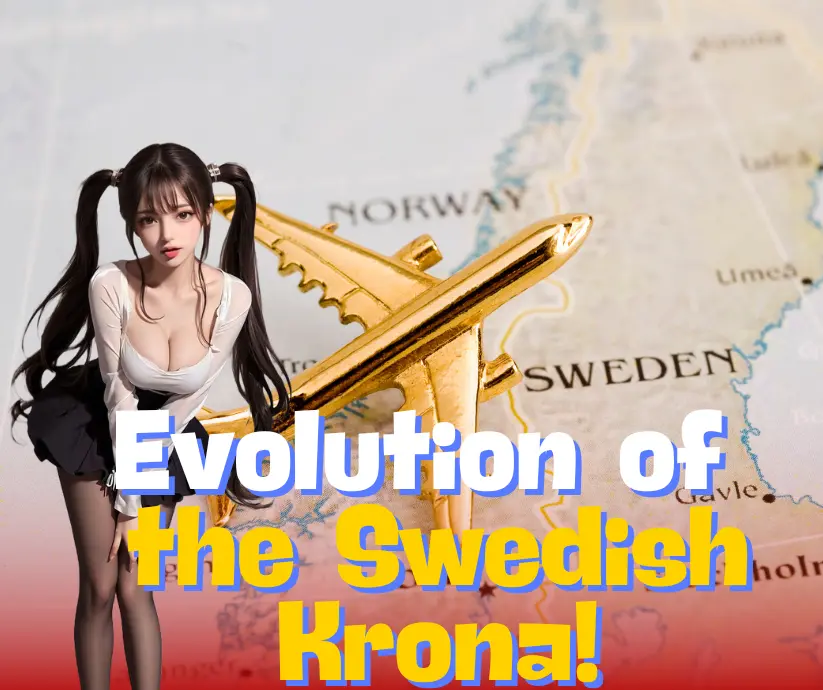Introduction to Sweden: A Nation Shaped by History and the Swedish Krona (SEK)
Sweden, a Scandinavian country known for its innovation and quality of life, has a history intertwined with its currency, the Swedish krona (SEK).
Historical Background
Sweden’s history dates back to the Viking Age, with the establishment of the Swedish kingdom in the 10th century. Over the centuries, Sweden became a significant European power, participating in the Baltic Sea trade and colonial ventures. The modern Swedish state emerged in the 16th century, and Sweden remained neutral during both World Wars.
Evolution of the Swedish Krona (SEK)

The Swedish krona has a long history, with roots tracing back to the 17th century when it became the official currency of Sweden. The krona underwent various reforms and adaptations, including its integration into the Scandinavian Monetary Union in the late 19th century and its eventual floatation in the 20th century.
Cultural and Economic Significance
The Swedish krona symbolizes Sweden’s commitment to economic stability and welfare. Sweden is renowned for its social welfare system, gender equality, and environmental sustainability. Economically, Sweden has a diverse industrial base, including manufacturing, technology, and services, contributing to its high standard of living.
Challenges and Innovations
Sweden faces challenges such as demographic shifts and global economic fluctuations, impacting the krona’s value. However, Sweden’s proactive approach to innovation and sustainability has positioned it as a worldwide leader in renewable energy and digital technology.
Conclusion
The Swedish krona reflects Sweden’s journey from a medieval kingdom to a modern, prosperous society. As Sweden continues to innovate and adapt to global trends, the krona remains a symbol of economic strength and national identity.
This introduction provides an overview of Sweden’s historical and economic development through the lens of its currency, the Swedish krona (SEK), highlighting its cultural significance and role in shaping Sweden’s progressive identity in the world today.







